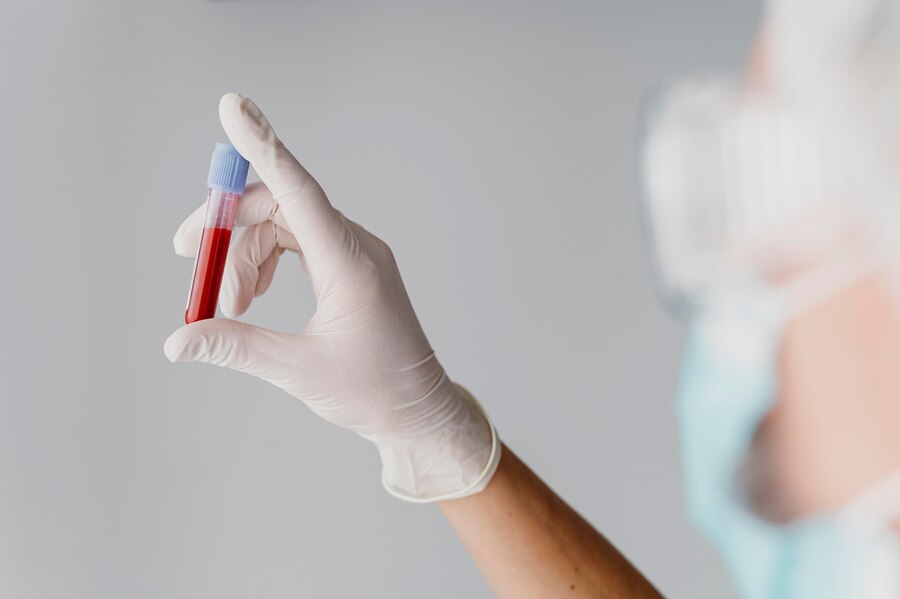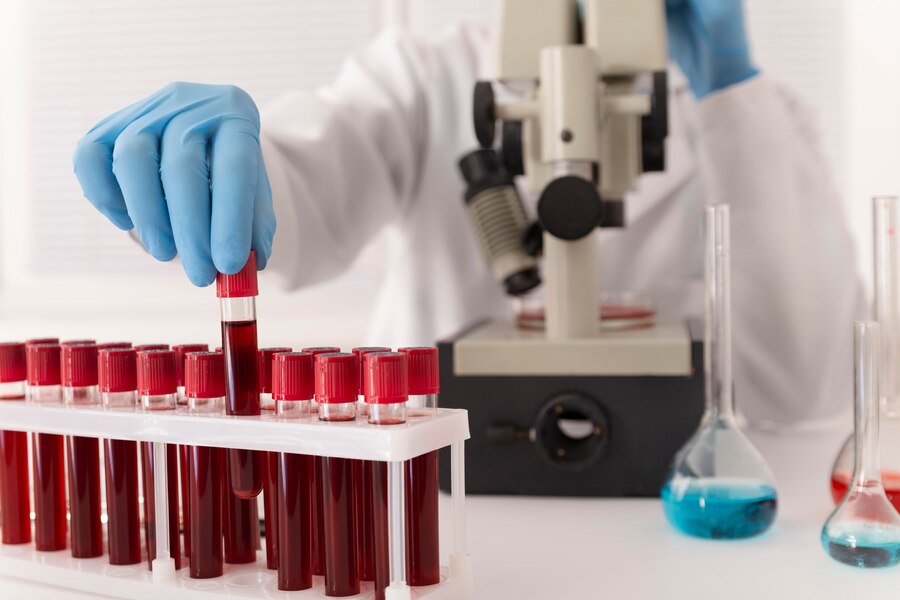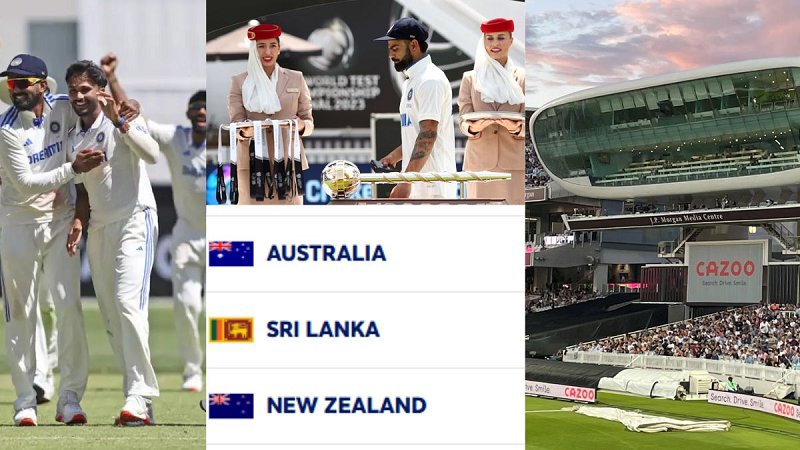When a person gets injured in an accident or due to weakness there is a lack of blood in his body, then the problem can be solved through blood transfusion, but what if blood of another group is transfused? I shudder even thinking about it. Something similar happened in the famous government hospital of Jaipur when an injured youth was given a blood transfusion from another group and he died.

The young man became a victim of an accident
23-year-old Sachin Sharma, a resident of Bandikui city of the Dausa district of Rajasthan, had an accident in Kotputli city, in which he suffered serious injuries. After this, he was admitted to the trauma center of Sawai Man Singh Hospital, Jaipur.
Transfused blood of another group
After which, during the treatment, the staff of SMS Hospital gave O+ blood to the injured Sachin instead of AB+. After this, his health deteriorated and then the young man died. When the matter escalated, the state government ordered an investigation. According to the information, the matter worsened after the ward boy handed over the 'O+' blood slip of another patient.
What did the hospital superintendent say?
SMS Hospital Director Rajiv Bagratta expressed grief over the incident and said that a committee was formed yesterday to investigate the matter, every aspect is being explored, and the report of the allegations will be presented soon.
Blood group chart
In this chart, we will tell which blood group can receive and donate blood from which group of people. Regarding this, we talked to Dr. Vijay Ranjan, a former resident of AIIMS Delhi.
0-: Can give blood to everyone but can receive blood only from 0-.
O+: These people can give blood to groups AB+, A+, B+, and O+ but can receive blood from 0- and 0+ people.
A-: It can give blood to AB-, AB+, A+, and A- but can receive blood from A- and A+.
A+: It can give blood to A+ and AB+ but can receive blood from 0-, 0+ A-, and A+.
B-: It can give blood to B-, B+, AB-, and AB+, but can receive blood from 0- and B-.
B+: It can give blood to B+, and AB+, but can receive blood from O-, O+, B-, and B+.
AB-: It can give blood to AB-, and AB+, but can receive blood from O-, A-, B-, and AB-.
How is blood group determined?
Our blood is made up of red blood cells (RBC), white blood cells (WBC), and blood platelets. The blood group of a person is determined by the presence or absence of antigens found on the surface of RBCs. Red blood cells are also called RBCs (Red Blood Cells). The blood group of a person is determined by the presence or absence of antigens found on the surface of the red blood cell (RBC). There are two types of antigens on the membrane of RBC. Antigen A and Antigen B. If Antigen A is present in the blood then the blood group is A. If B antigen is present then the blood group is B. If both antigens are present then the blood group is AB. If both antigens are not present then the blood group is O.
What will happen if the blood of the wrong group is transfused?
Dr. Imran Ahmed, former resident of IHBAS Hospital, Delhi, said that the situation of wrong blood transfusion can be very dangerous.

1. In such a situation, an acute hemolytic transfusion reaction occurs. Its symptoms include fever along with shivering, pain in the back part of the body, etc.
2. When wrong blood cells enter the patient's body, the immune system tries to destroy them and in this process, these symptoms are seen.
3. Due to wrong blood transfusion, the kidneys of the victim may fail and after some time they may stop functioning completely.
4. Serious consequences like blood in urine, flu-like problems, shock, and death may be seen.
What would have happened in Sachin's case?
Dr. Imran Ahmed said that the blood group of Sachin, who was injured in Rajasthan, was AB+, which has antigens but no antibodies. He was given blood from the O+ group, which does not have antigens but has antibodies. Although technically AB+ people can be given blood of the O+ group, this process is not absolute, and critical condition problems can arise.
Dr. Vijay Ranjan says that many times cross-matching of blood received from outside is not done in the hospital and blood is transfused in a hurry. Sometimes even a small mistake can take a dangerous form. Well, we should wait for the final investigation report to know what might have happened in Sachin's case. But the biggest question is whether there was cross-matching of blood in Sachin's case.
(PC: Freepik)










